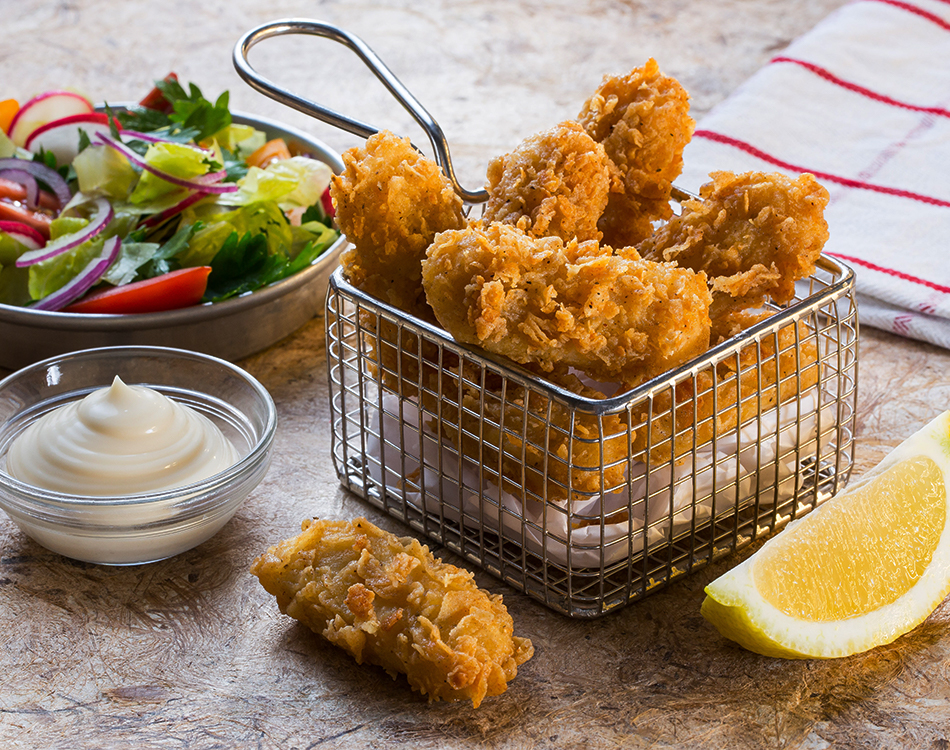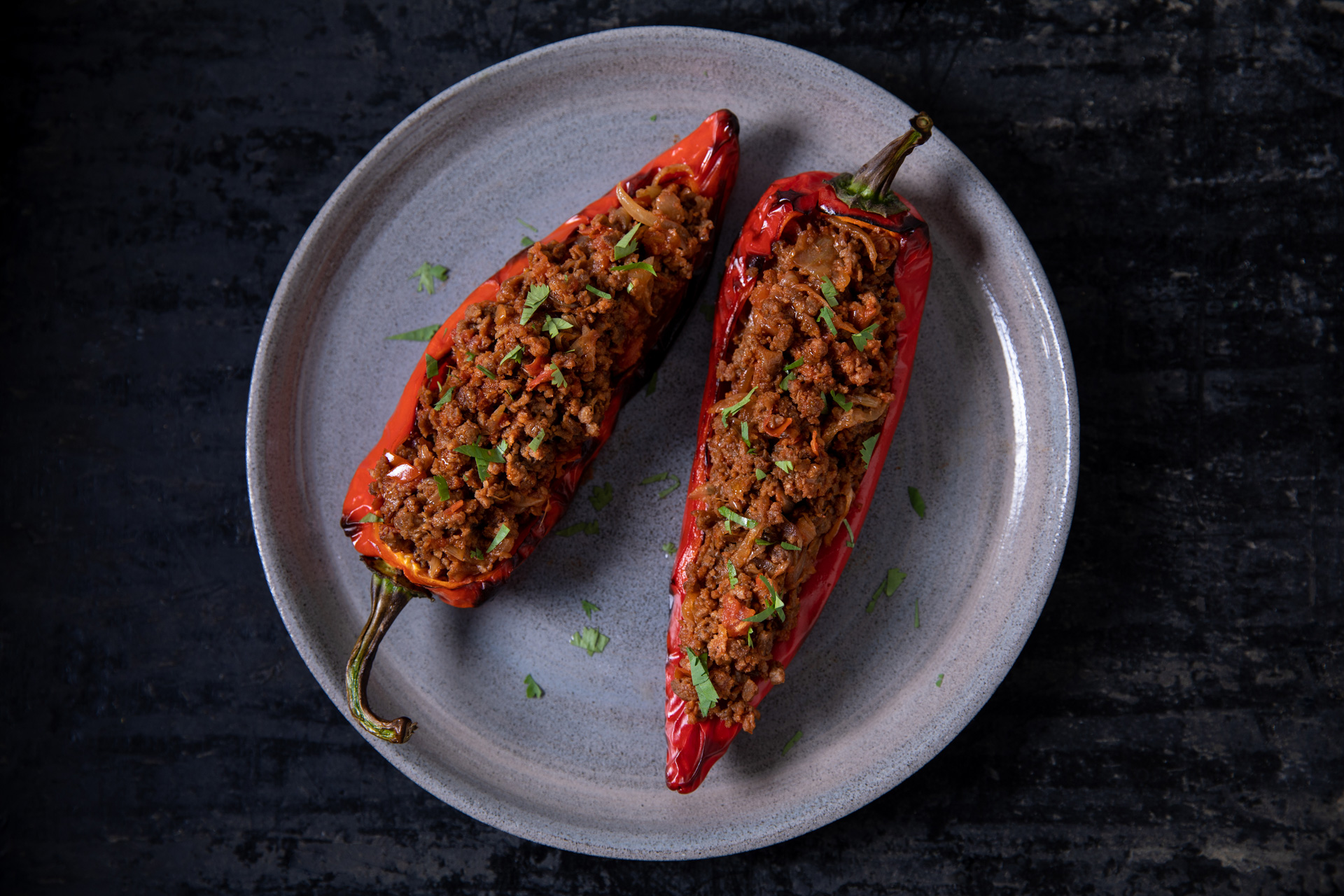Israel’s Future Meat Hopes To Reel In $320 Million For U.S. Cultivated Meat Production Facility
3 Mins Read
Israeli cultivated meat brand Future Meat is in the middle of a funding round that aims to bring in $320 million. If successful, the funding will make the company Israel’s most valuable, within its sector. Tyson Foods and ADM are anticipated to join the round, having invested in the Series B funding earlier this year. Money raised is earmarked for manufacturing cultivated meat capability within the U.S.
Founded in 2018, Israel’s Future Meat secured a partnership with Nestlé earlier this year. Now, the company is looking to build on its potential to raise capital for U’S. expansion and production. A Series B round generated $26.75 million in February. When the current funding round closes, the company’s worth will be $600 million.

Pushing cultivated boundaries
Since its inception, Future Meat has been focused on driving down production costs for its cultivated meat. It announced it had reached $7.50 per serving of its chicken. The lack of expensive stem cells and fetal bovine serum (FBS) has proven key to approaching conventional meat price parity. In turn, this has led to the potential for production rollout, though regulatory approval has not yet been granted for sale.
A full-scale facility was opened last June, close to company headquarters in Rehovot. It marked an important moment for the cultivated meat sector, as the first industrial manufacturing facility of its kind. Capable of creating 5,000 hamburgers a day, it is ready for when approval is granted. “This facility makes scalable cell-based meat production a reality,” the firm stated.
In a bid to drive approval forward in the U.S. a similarly equipped facility is being planned Stateside. It is not yet known where the plant will be based.
The cultivated meat market
A number of cultivated meat companies already exist in the U.S., but the race is still on to capture consumer loyalty. A survey conducted by Provoke Insights, in partnership with Future Meat, revealed that more than one in three American consumers planned to add cultivated meat to their diet. More than 50 percent of the 2,016 people asked also said they had adapted their diets to be more conscious.
Speaking about the findings, Rom Kshuk, CEO of Future Meat said in a statement, “Cultured meat is closer than ever to the market. As leader in this new industry, it is on us to not only create the product, but also to help the market get familiar with it, mitigate concerns and make it accessible to end consumers.”
The survey targeted individuals living in coastal US states, aged 18-50 and with a $45,000+ household income.

Global cultivated progress
There have been a slew of announcements from cultivated meat companies of late sharing significant progress. American pioneer Upside Foods has just announced that it has succeeded in creating an animal-free cell feed. Chicken hot dogs and nuggets have both been manufactured using the new feed. Upside is hoping for regulatory approval by year-end but confirmation has not yet been offered. The news comes as South Korea’s CellMEAT unveiled its FBS-free growth medium that removes ethical concerns regarding the industry the same week. It will reduce production costs alongside.
Fellow Israeli company Aleph Farms has spoken about a new partnership with Munich-based Wacker. Entering into an open supply chain arrangement, the two companies aim to offer affordable growth proteins to the whole cultivated industry.
All images courtesy of Future Meat.





